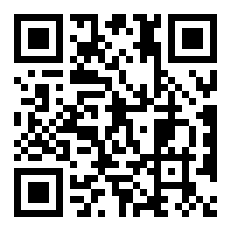EXPLORING THE IMPACT OF RELIGION ON ASSISTED REPRODUCTIVE TECHNOLOGY IN NIGERIA
Keywords:
Assisted reproductive technology, religious beliefs, secular society, regulationAbstract
This paper examined the substantial impact of religious beliefs on the governance of Assisted Reproductive Technology (ART) in Nigeria, where the religious landscape is heavily influenced by both Islam and Christianity, thereby shaping societal views, legal systems, and access to ART services. It examines how religious principles and interpretations influence the formulation and enforcement of ART regulations, often resulting in complex ethical and legal challenges. Through an analysis of religious texts, legal documents, and constitutional provisions, the study reveals the complex interrelationship between religious beliefs, cultural practices, and ART governance. It emphasizes the difficulties in reconciling religious freedom with individual rights and autonomy, especially where religious and secular laws overlap. Additionally, the research explores how religious views on ART affect access to services, frequently restricting choices for individuals and couples looking for fertility treatments. The findings of this paper highlight the necessity for a thoughtful and inclusive approach to ART governance in Nigeria, one that recognizes the influence of religion on societal perceptions while safeguarding individual rights and advancing public health. This study enhances understanding of the connections between religion, law, and healthcare in Nigeria, providing valuable insights for policymakers, healthcare professionals, and stakeholders aiming to create more effective and equitable ART regulations. Ultimately, the paper calls for a regulatory framework that respects religious plurality while also ensuring the protection of human dignity, the promotion of public health, and access to safe and effective ART services.
Downloads
Published
How to Cite
Issue
Section
License

This work is licensed under a Creative Commons Attribution-NonCommercial 4.0 International License.
The author reserves the licence with little restrictions.https://kblsp.org,Ng/licence.









